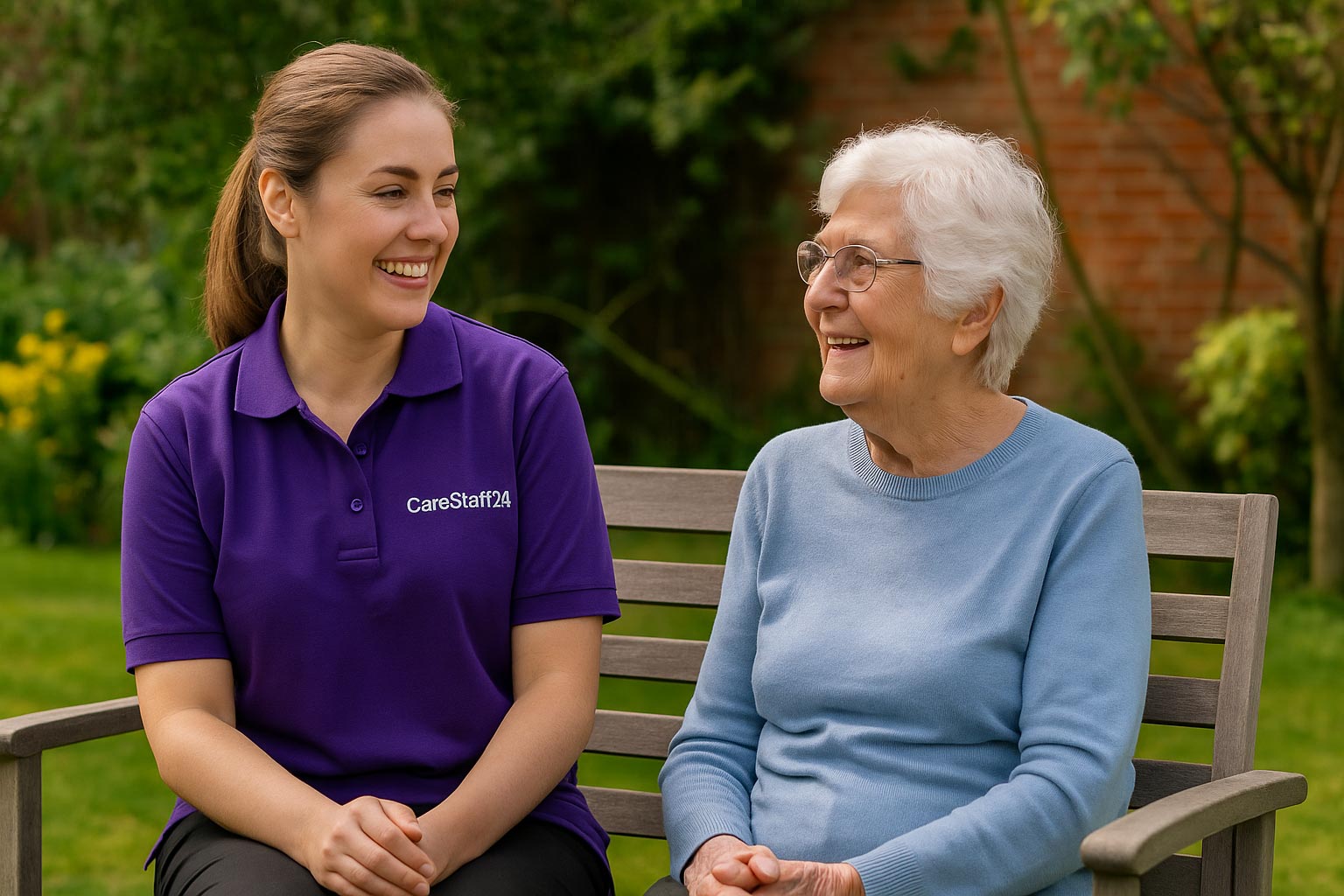Essential Skills and Qualities Every Healthcare Assistant Needs
A healthcare assistant, sometimes called a healthcare support worker or nursing assistant, plays a vital role in supporting both patients and healthcare professionals across hospitals, care homes, and community settings. The responsibilities of a healthcare assistant vary depending on the workplace and the individual needs of patients. However, every great healthcare assistant shares one goal; to provide compassionate, reliable, and safe care.
Below is an updated look at the key duties and the most valuable skills that define an excellent healthcare assistant in today’s care sector.
Common Duties of a Healthcare Assistant
- Personal Care: Supporting patients with daily living activities such as bathing, dressing, feeding, and mobility. These tasks help maintain dignity and comfort while meeting essential personal needs.
- Vital Signs Monitoring: Recording blood pressure, temperature, pulse, and breathing rate. These readings are passed on to the nursing team to monitor health and detect changes early.
- Assisting with Medical Procedures: Preparing patients for treatment, supporting clinicians during minor procedures, and assisting with wound care or specimen collection where required.
- Patient Observation: Observing and reporting changes in mood, appetite, or condition. Good observation keeps patients safe and ensures timely intervention by medical staff.
- Medication Support: In some settings, healthcare assistants may assist with medication reminders and record-keeping under the supervision of a nurse.
- Record Keeping: Accurate documentation of care, observations, and outcomes. This ensures continuity and legal compliance within the care plan.
- Infection Control: Following strict hygiene and PPE procedures to protect both patients and staff from infection risks.
- Emotional and Social Support: Offering reassurance, listening to concerns, and promoting emotional wellbeing. Small conversations can make a big difference to someone’s day.
- Team Collaboration: Working closely with nurses, doctors, and other professionals. Good teamwork keeps care consistent and efficient.
- Administrative Support: Helping to organise records, manage supplies, or schedule appointments when needed. These tasks keep the healthcare environment running smoothly.
Healthcare assistants are the backbone of care delivery; their role combines practical care with compassion, ensuring every patient feels respected, valued, and supported.

What Skills Does a Healthcare Assistant Need?
To succeed as a healthcare assistant, a balance of personal, practical, and professional skills is essential. The best care workers combine empathy with strong attention to detail and the ability to stay calm under pressure.
Compassion and Empathy
Every patient deserves kindness and understanding. Compassion allows healthcare assistants to connect with people, ease distress, and provide care that feels human.
Communication Skills
Clear and respectful communication builds trust with patients, families, and colleagues. Whether giving reassurance or updating a nurse, good communication helps everyone work together.
Active Listening
Listening carefully to what patients say, and what they don’t say, helps identify their true needs. Active listening builds rapport and allows care to be tailored to the individual.
Observation Skills
Attention to detail is vital. A good healthcare assistant can recognise small changes in behaviour, skin tone, or energy levels and report them promptly.
Teamwork and Collaboration
Healthcare assistants are part of a wider team. Cooperation, reliability, and respect for colleagues ensure patients receive the best care possible.
Time Management
Managing several patients or tasks at once requires good organisation. Prioritising effectively helps maintain high standards even in busy environments.
Flexibility and Adaptability
Healthcare settings can change quickly. Flexibility allows healthcare assistants to adjust plans, respond to emergencies, and maintain patient comfort whatever the situation.
Problem-Solving Ability
Challenges arise daily in care. Thinking calmly, staying practical, and finding solutions helps protect patients and maintain smooth operations.
Basic Medical Knowledge
An understanding of basic anatomy, terminology, and clinical procedures allows healthcare assistants to follow care plans accurately and communicate confidently with nurses and doctors.
Personal Care and Hygiene
Assisting with washing, grooming, and dressing requires both skill and sensitivity. Maintaining hygiene protects health and preserves dignity.
Emotional Resilience
Working in care can be emotionally demanding. Resilience helps healthcare assistants stay positive, professional, and supportive through challenging situations.

Developing Your Career as a Healthcare Assistant
Many healthcare assistants use the role as a pathway to further opportunities within nursing or specialist care. Ongoing training, NVQ or Care Certificate qualifications, and shadowing experienced staff can build skills and confidence.
If you’re interested in a rewarding career that makes a real difference, explore our current care and support job opportunities or read our guide on how to become a healthcare assistant.
Why These Skills Matter
The healthcare assistant role is about more than tasks or checklists. It’s about people. The ability to connect, observe, and act with empathy transforms patient experiences and helps create a caring environment that feels safe and supportive.
With the right skills and attitude, healthcare assistants play one of the most important parts in the modern healthcare system; providing the human connection that technology and medicine alone cannot replace.

Kate is an enthusiastic and dedicated leader with extensive experience in recruitment and operations management. As Director of CareStaff24, she oversees every aspect of the organisation, ensuring that both carers and clients feel valued and supported.

